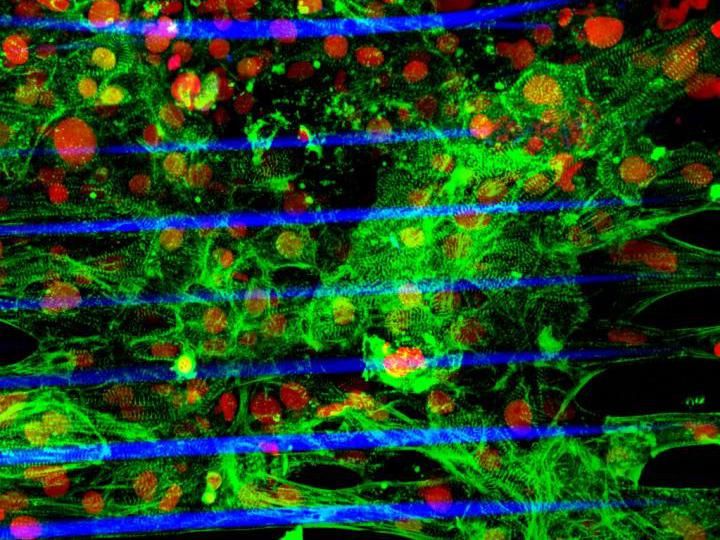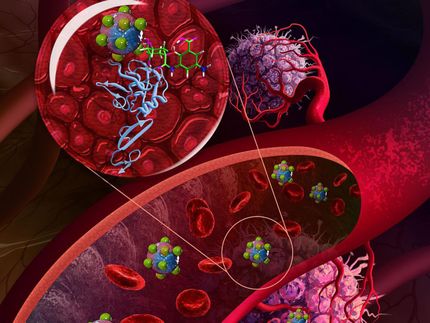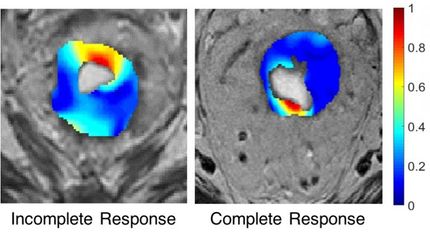Final report of Genasense Phase 3 trial in melanoma
Genta Incorporated announced that results of the Company's Phase 3 trial of Genasense® (oblimersen sodium) Injection in patients with advanced melanoma were published on-line in the Journal of Clinical oncology. The paper is accompanied by an editorial that discusses the trial's results in the context of current options for melanoma treatment. The extended follow-up data from this publication form the basis of a Marketing Authorization Application (MAA) that is currently pending review by the European Medicines Agency (EMEA).
Genasense, Genta's lead anticancer drug, is a novel targeted therapy that blocks the production of Bcl-2, a protein that appears to be a fundamental cause of resistance to cancer treatment. By knocking down Bcl-2 in cancer cells, Genasense may enhance the effectiveness of chemotherapy in patients with advanced melanoma. A summary of the data from the final analysis appears below.
The report is based on long-term data derived from the largest randomized controlled trial that has ever been conducted in patients with advanced melanoma. In this trial, which was conducted at 139 sites in 9 countries, 771 patients were randomly assigned to receive chemotherapy with dacarbazine (DTIC) alone or in combination with Genasense. The paper includes data from a prospectively defined analysis that evaluated 24-months of minimum follow-up on all patients. Unless otherwise noted, these results were based on an intent-to-treat analysis:
Overall response: Genasense/DTIC 13.5%; DTIC 7.5%; P 0.007
Complete response: Genasense/DTIC 2.8%; DTIC 0.8%; P 0.03
Durable response: Genasense/DTIC 7.3%; DTIC 3.6%; P 0.03
Progression-free survival, median: Genasense/DTIC 2.6 mos.; DTIC 1.6 mos.; P 0.0007
Overall survival, median: Genasense/DTIC 9.0 mos.; DTIC 7.8 mos.; P 0.077
Prior to randomization, patients were prospectively stratified according to certain risk factors, including elevated blood levels of an enzyme known as LDH - a factor that previous clinical studies have shown is strongly associated with poor outcome. The final analysis has shown that LDH was the sole stratification factor significantly associated with a treatment interaction. When this treatment effect was evaluated, the efficacy of Genasense was significantly superior for all major efficacy outcomes in patients who had normal LDH at baseline, a group that comprised approximately two-thirds of patients in the trial (N=508).
Other news from the department research and development

Get the life science industry in your inbox
By submitting this form you agree that LUMITOS AG will send you the newsletter(s) selected above by email. Your data will not be passed on to third parties. Your data will be stored and processed in accordance with our data protection regulations. LUMITOS may contact you by email for the purpose of advertising or market and opinion surveys. You can revoke your consent at any time without giving reasons to LUMITOS AG, Ernst-Augustin-Str. 2, 12489 Berlin, Germany or by e-mail at revoke@lumitos.com with effect for the future. In addition, each email contains a link to unsubscribe from the corresponding newsletter.
More news from our other portals
Last viewed contents
Novasep appoints two key executives - Stephen Stefano heads up Novasep North American business and Patrick Glaser leads Novasep Synthesis division
Oncodesign and Ipsen enter into a research collaboration for the development of new therapeutic agents against the LRRK2 Parkinson's disease target
To-BBB and GSK to collaborate on brain delivery of a biologic product
Heptares partners with cubist to research new medicines targeting GPcrs
Acambis completes enrollment of Phase 3 JE vaccine trials ahead of schedule
Sosei Appoints David Chiswell as Non-Executive Chairman
Infection control certification associated with lower MRSA infection rates
Full-length genome sequencing of Zika from a patient could help unlock the virus’s secrets
Codexis to Establish New R&D Facility in Singapore to Support Expanding Generics Business
AVI BioPharma Presents Antisense Approach to Transplant Acceptance By Regulating Activated Lymphocytes


























































